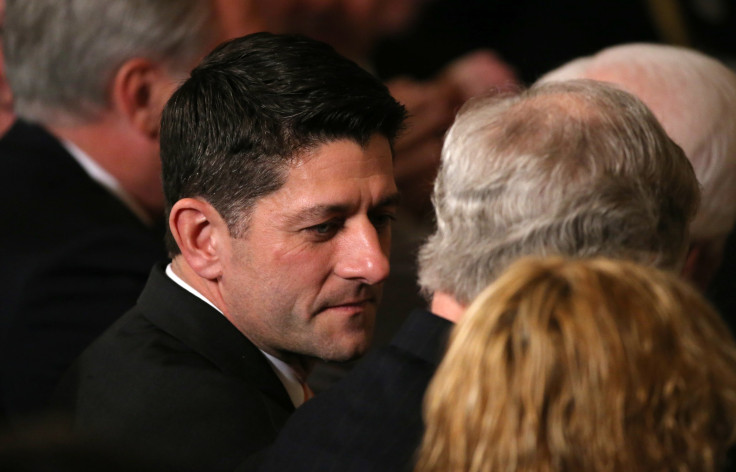Trump Travel Ban Update: Supreme Court Tie Means Trouble For Executive Order

It was possible the Republicans’ decision to not even hear ex-President Barack Obama’s nomination for the ninth and final U.S. Supreme Court seat could come back and haunt their new commander-in-chief, President Donald Trump.
For much of last year, the GOP refused to hold confirmation hearings for Judge Merrick Garland, leaving the Supreme Court with only eight judges and the potential for ties at the highest level of the legislative branch.
For Trump, should his administration move forward with a final appeal to the Supreme Court over his immigration ban, a tie was also possible and would immediately strike down the president’s attempt at “making the country safer” from terrorism.
An administration official told Reuters that the White House was considering “all the options on how to move forward.” The announcement came after the U.S. Court of Appeals for the Ninth Circuit in San Francisco upheld a federal judge’s decision to block parts of a Trump executive order that temporarily denied immigrants from seven mostly Muslim countries from entering the country. Rewriting the order is one potential strategy, but the official also said the administration would “like to win the case in court.”
But Trump, as he has been prone to do, quickly lashed out on Twitter and posted, “SEE YOU IN COURT,” another quick barb at a legislative branch he and many other presidents before him, has publicly derided.
Still, if the court was torn in half, the law stipulates that the three-judge panel, Ninth Circuit’s hearing would be upheld, according to The New York Times. The report indicated that the Trump administration was “likely” to file an emergency application to be heard by the Supreme Court in the next day or two.
That left the possibility of a final decision on the ban, which has been met by protests and affected some 60,000 foreigners, to come next week.
However, it was also plausible the administration could roll the dice since the Supreme Court “hates” ties, CNBC reported in June. Since the 1940s, when there were other cases heard by an even number of judges on the bench, only roughly five percent of the court’s decisions have resulted in a tie. The current court, following the death of Justice Antonin Scalia last year, has only seen 6.9 percent of its decisions result in ties.
One of the more recent ties, perhaps ironically, involved Obama’s attempt to change immigration policy. Back in June, the court reached a 4-4 split after 26 states sued over the then-president's executive order that would have cut down on deportations of undocumented immigrants whose children are American citizens or lawful residents.
"This is a win for the Constitution, this is a win for Congress," GOP member and Speaker of the House Paul Ryan said after the decision was announced. "Presidents don't write laws, Congress writes laws."
© Copyright IBTimes 2024. All rights reserved.





















